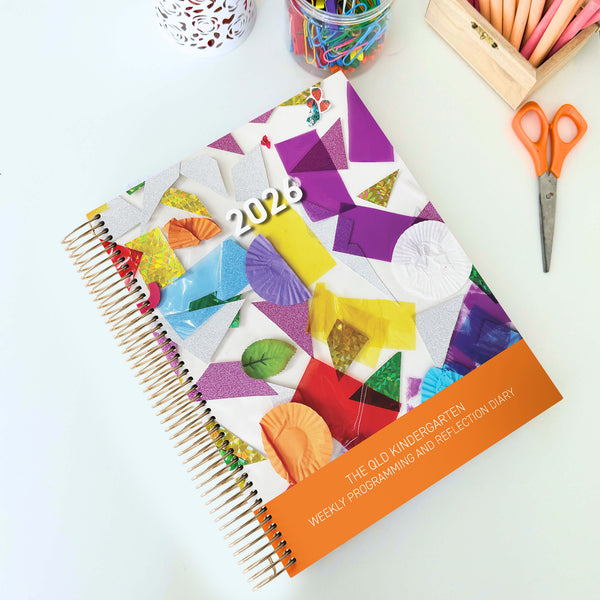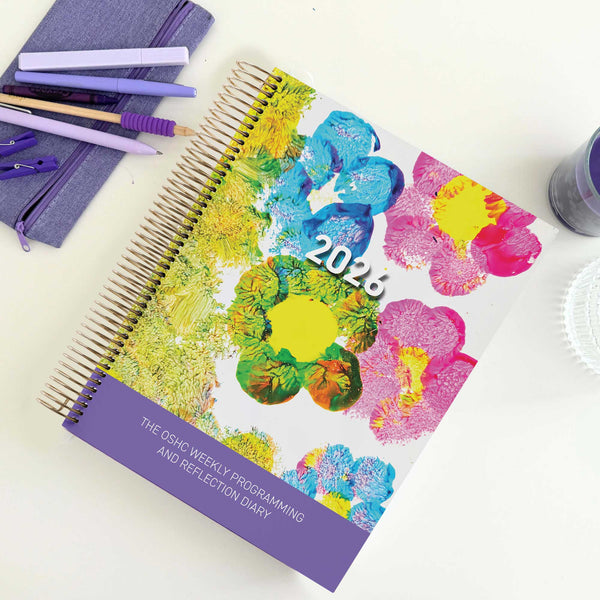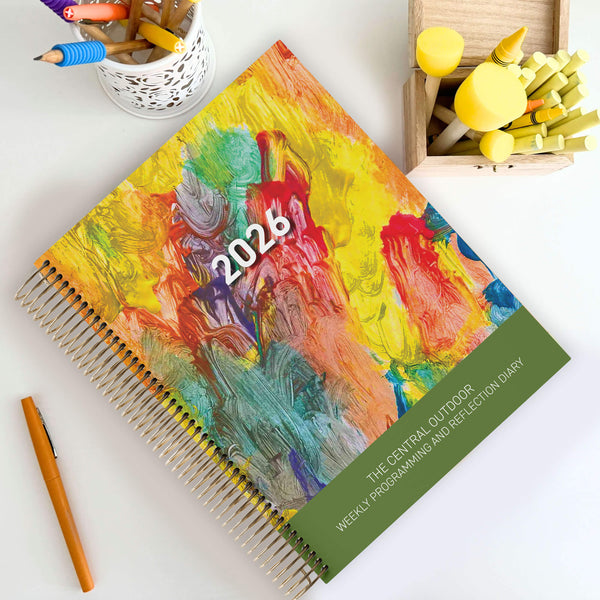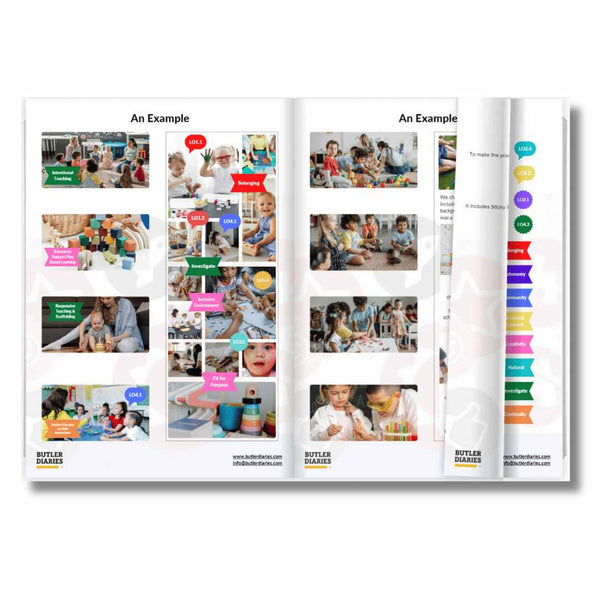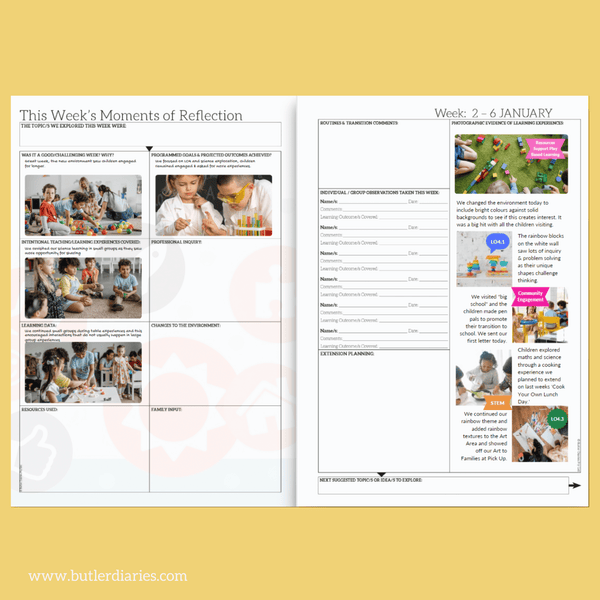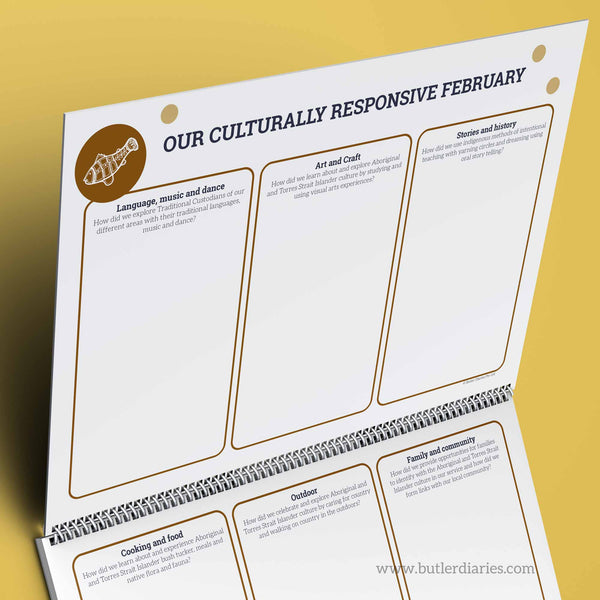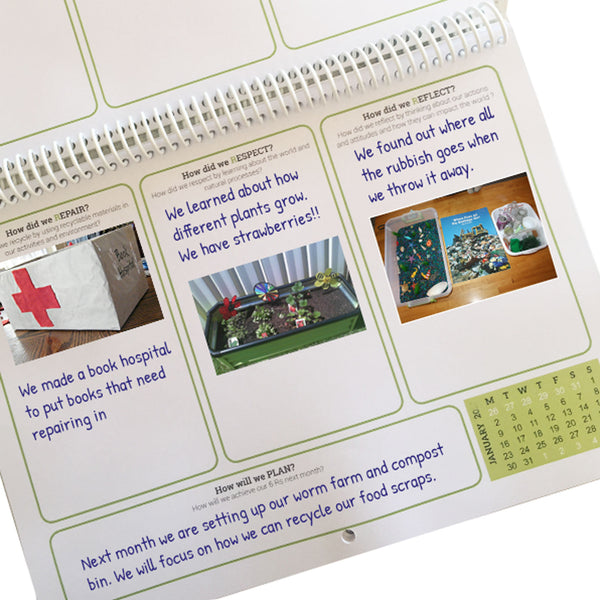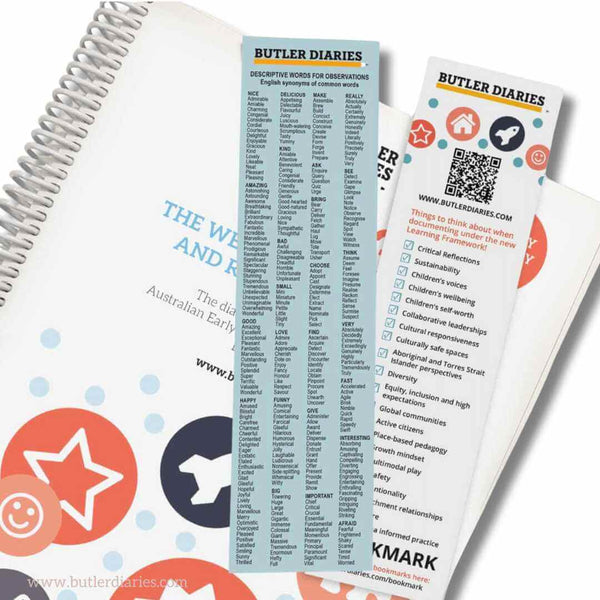Technology has become an integral part of our daily lives, and it is inevitable that it will continue to play a significant role in shaping our future. The use of technology in early childhood education has become a topic of debate among parents, educators, and policy-makers. Some argue that technology should be integrated into early childhood learning, while others believe it can have negative effects on child development. In this article, we will explore the Early Years Learning Framework and National Quality Standards and their recommendations for the use of technology in early childhood education.
Early Childhood and Technology: EYLF
The Early Years Learning Framework (EYLF) is an Australian government initiative that outlines the key outcomes and goals for early childhood education and care providers. The framework recognises that children are capable, competent, and active learners who are capable of making meaningful contributions to their learning experiences. It also emphasises the importance of play-based learning and recognises that technology can be a valuable tool in supporting children's learning and development.
The EYLF acknowledges that technology can be a valuable tool for enhancing children's learning experiences, but it also emphasises that it should be used in moderation and in appropriate ways. It suggests that technology should be used to support children's learning and development and that educators should ensure that the use of technology is purposeful, intentional, and relevant to children's interests and abilities.
The recent update to EYLF V2.0 has recognised the significant role technology plays in the lives of children and has addressed digital contexts further. For example, learning through play has expanded to include media and digital technologies in children's multimodal play. The learning outcomes also recognise digital contexts and the use of digital technologies for learning, communication, and connecting with others. With these additions came further awareness of the importance of educating on safe ways of using technology and operating in a digital environment. You can learn more about the changes to EYLF and MTOP in version 2.0 in the article, Unpacking the New EYLF and MTOP Framework: V2.0.

Early Childhood and Technology: NQS
The National Quality Standards (NQS) are another framework that provides guidance for early childhood education and care providers in Australia. The NQS identifies seven quality areas that contribute to the provision of high-quality education and care for children. These include educational program and practice, children's health and safety, and relationships with children.
The NQS also recognises that technology can be a valuable tool in supporting children's learning and development. However, it emphasises that the use of technology should be balanced with other learning experiences and that it should not replace face-to-face interactions between children and educators. It suggests that technology should be used to enhance learning experiences and that educators should ensure that it is used in developmentally appropriate ways.

How to Use Technology in Your Early Learning Centre
The most important consideration is that technology use should be intentional and the learning behind the experience should be clear. Just as other aspects of practice should be considered inside the context of Frameworks, NQS, and contemporary research, programmed digital experiences should do the same. The key is to consider the quality of the experiences rather than quantity as a measure of successful integration of digital technologies in your program.
You can do this by including your digital learning experiences in your Programming Spread in your Weekly Programming and Reflection Diary and ensure you critically reflect on the experiences in your Reflection Spread. Consider what learning has taken place, how successfully technology was integrated into the experience, and how well digital safety was considered, planned for and promoted.

Educators can plan for a range of digital experiences that enhance learning and support children in the digital world, for example, technology can be used for:
- Research to further learning. Technology is a great source of information and works well when used with books and communicating with knowledgeable others. Digital research can enhance existing learning experiences and support alterative ways of thinking.
- Communication with others. Email is a great way to connect with people and communities that may not otherwise be reachable. This is a great experience when included with other forms of communication such as letters and phone calls.
- e-Books and songs. We know how important reading, songs and story telling are for children's language development, e-Books and digital songs can be a great inclusion alongside physical books.
- Physical health. Technology can limit the amount of movement children do which can negatively impact their physical wellbeing. By sharing with children that technology can be used to support physical health, you are broadening their understanding of technology's role in life. There are some fantastic channels that offer free videos on yoga, dancing, and other physical activities.
- Exploring literacy. A keyboard or keypad introduces another way to explore literacy in real-life contexts.

The EYLF and NQS recognise the potential benefits of technology in early childhood education. However, they also emphasise the importance of using technology in moderation and in developmentally appropriate ways. Educators should ensure that the use of technology is purposeful, intentional, and relevant to children's interests and abilities. Additionally, they should balance the use of technology with other learning experiences and ensure that it does not replace face-to-face interactions between children and educators. By following these guidelines, educators can provide children with a balanced and enriching learning experience that includes technology as a valuable tool.











